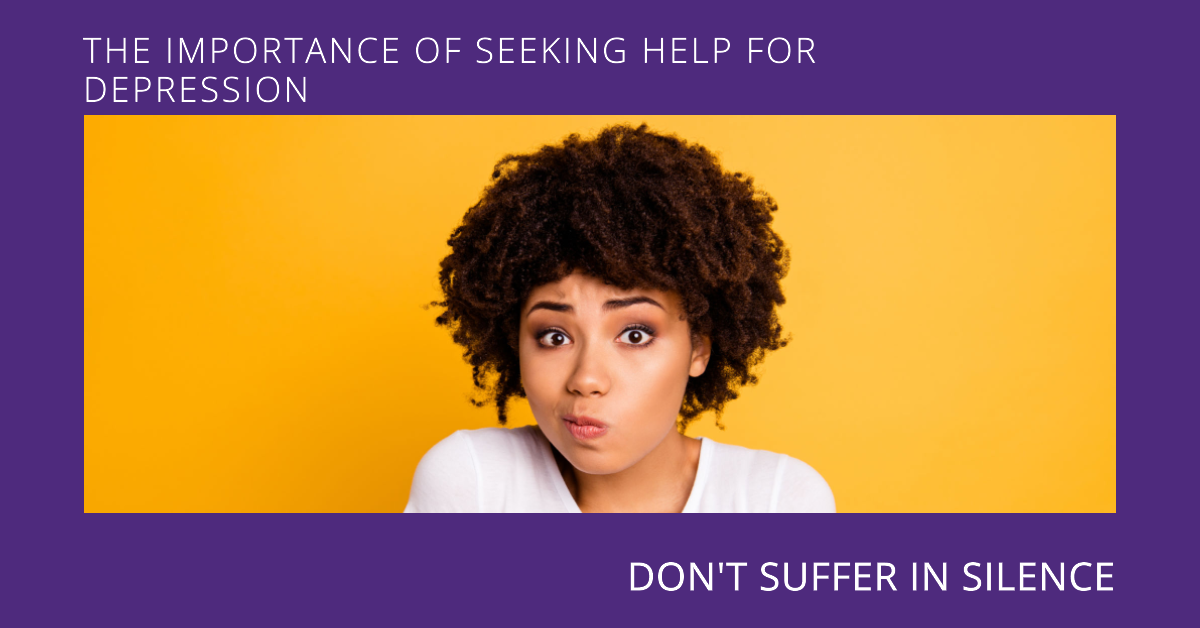Understanding Depression: More Than Just Sadness
Depression, an insidious health condition that taints millions of lives globally, isn’t merely a fleeting phase of sadness or melancholy. Instead, it’s a profound mental health condition marked by a persistent feeling of desolation and loss of interest that spans weeks, months, or even years. Moreover, this complex disorder often intertwines with physical symptoms, unraveling an individual’s life, crippling their productivity, and eroding their overall well-being.
Depression and Its Multifaceted Manifestations
Depression doesn’t display uniform symptoms across all individuals. It can manifest variably, comprising a constellation of emotional, physical, and cognitive symptoms. Some may experience overwhelming feelings of hopelessness, guilt, and worthlessness. Others may face consistent exhaustion, insomnia, or unexplained aches and pains. Cognitive symptoms often involve difficulty concentrating, indecisiveness, and, in severe cases, recurrent thoughts of death or suicide.
Why Seek Help for Depression: Breaking the Chains of Desolation
Embarking on the journey to seek assistance for depression is paramount. It’s more than just a step towards wellness; it’s a lifeline, a beacon of hope in the dark abyss of despair. Depression is not a battle to be fought alone, and seeking professional help can provide the necessary tools, resources, and support to overcome this condition.
1. Professional Assessment and Diagnosis
Understanding the gravity and scope of one’s depressive symptoms is crucial. Clinicians and mental health professionals employ a multitude of validated scales, diagnostic interviews, and tools to provide a comprehensive evaluation, yielding a clear picture of the individual’s mental health status. This information paves the way for personalized, effective treatment plans.
2. Personalized Treatment Plans: Psychotherapy
Psychotherapy, also known as talk therapy, forms the backbone of depression treatment. Cognitive-behavioral therapy (CBT) and interpersonal therapy (IPT) are commonly used modalities. These therapies offer insights into one’s thought patterns, emotions, and behaviors, empowering individuals with the skills to cope with depressive symptoms and restore functionality.
3. Support Groups: Harnessing the Power of Shared Experiences
Support groups provide a safe space for individuals to share experiences, insights, and struggles related to depression. These groups foster a sense of community and understanding, reducing feelings of isolation and stigma associated with depression. They also provide practical tips and coping strategies from individuals who have experienced similar journeys.
4. Holistic Approaches: Lifestyle Modifications
In conjunction with medical treatment and therapy, lifestyle modifications play a significant role in managing depression. Regular physical exercise, a balanced diet, adequate sleep, and mindfulness practices like yoga or meditation can bolster emotional resilience and improve overall mental well-being.
The Stigma Surrounding Depression: An Impediment to Seeking Help
Despite the grave implications of untreated depression, stigma and misconceptions about mental health often deter individuals from seeking assistance. It’s essential to dismantle these barriers, fostering a society where mental health is recognized, understood, and discussed openly. Every conversation, every shared story chips away at the stigma, encouraging more people to seek help.
Conclusion: Unmasking Hope Amid Despair
Depression, while daunting, is not invincible. With appropriate professional assistance, tailored treatments, and unwavering support, individuals can successfully navigate through their depressive symptoms towards a path of recovery. Remember, seeking help for depression is not a sign of weakness; it’s an act of courage and a step towards reclaiming one’s life.






